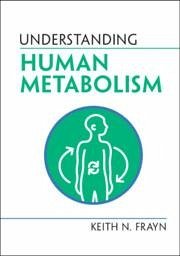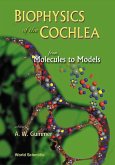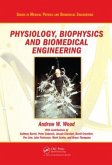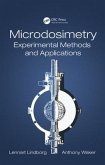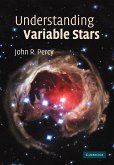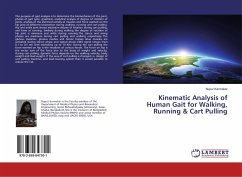"Surely not another book about metabolism? I can almost hear it being said. There seems to be a plethora of books at present about how to prevent oneself becoming obese, how to lose weight if one has already become so, what one should eat, and especially what one should not eat. There are books about the importance, or otherwise, of exercise for maintaining weight and health, and books about how to live longer by eating the diet of our palaeolithic ancestors or our near-relations in the animal world. But none of these really addresses the field that biochemists know as intermediary metabolism. That term refers to the chemical processes that occur within our bodies - mostly within our cells - that transform what we eat into useful energy, new bodily constituents, and waste products. Indeed, from a reading of current popular science on the topic of metabolism, you might well have the impression that 'metabolism' refers just to the 'burning' of foodstuffs with the result either of weight loss or weight gain. You would not then appreciate the myriad of chemical reactions that build up the substances of which we are made, break them down again when they are no longer needed, and create safely disposable waste products. Even our DNA, the material of which our genes is made, is formed from chemical building blocks that are the product of such reactions"--
Hinweis: Dieser Artikel kann nur an eine deutsche Lieferadresse ausgeliefert werden.
Hinweis: Dieser Artikel kann nur an eine deutsche Lieferadresse ausgeliefert werden.

